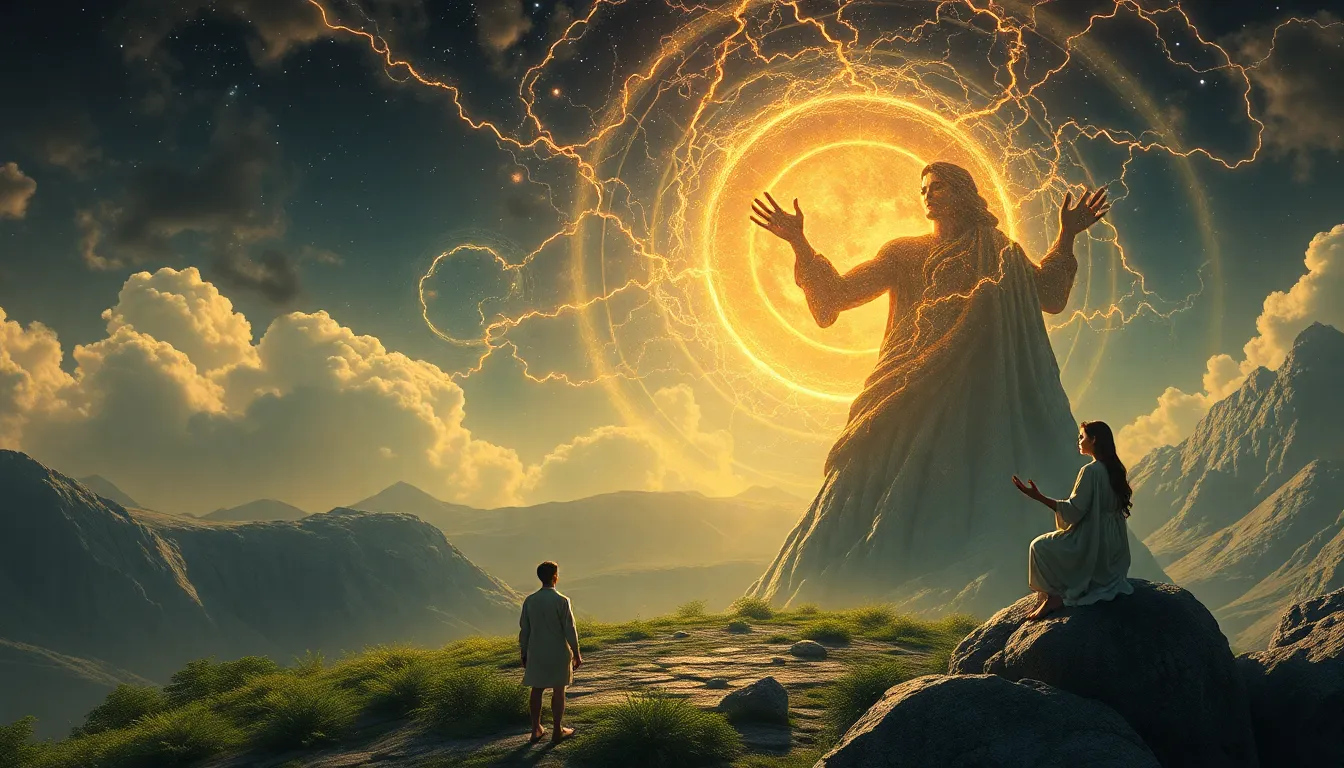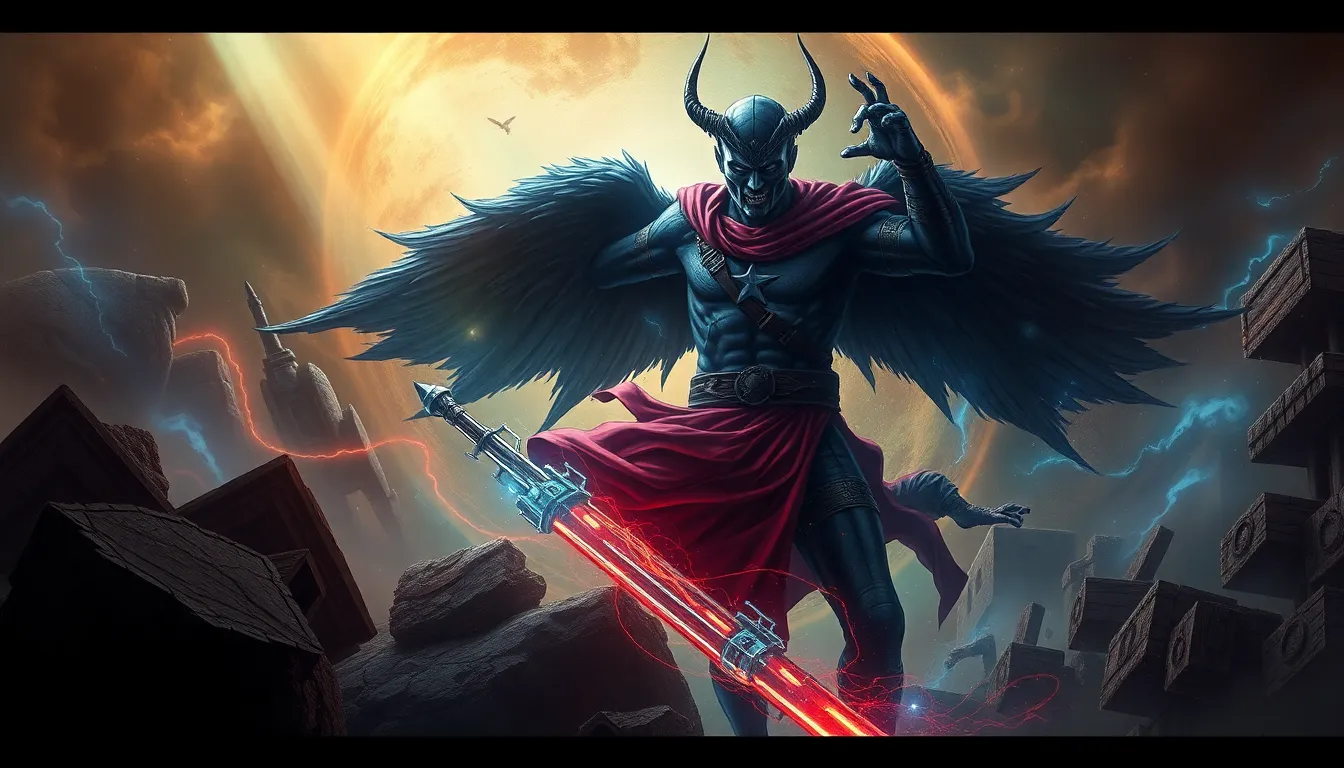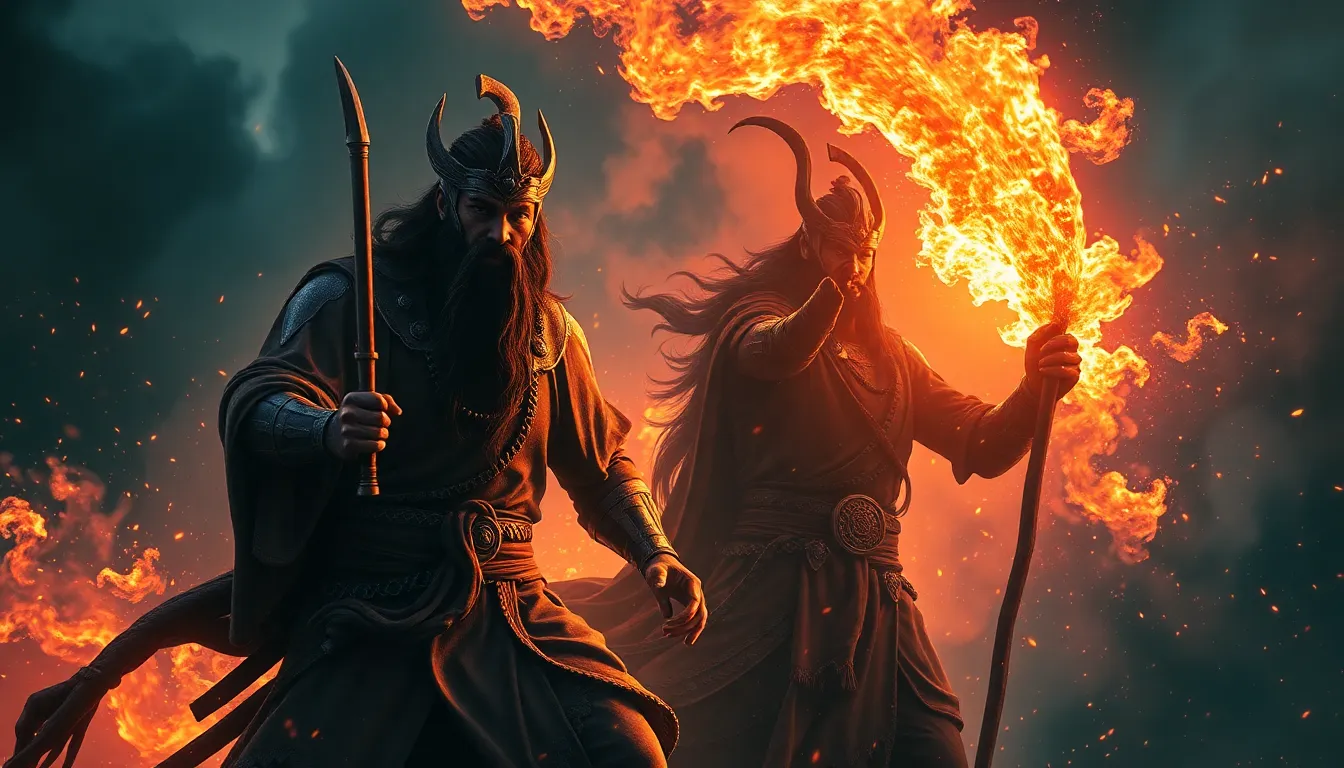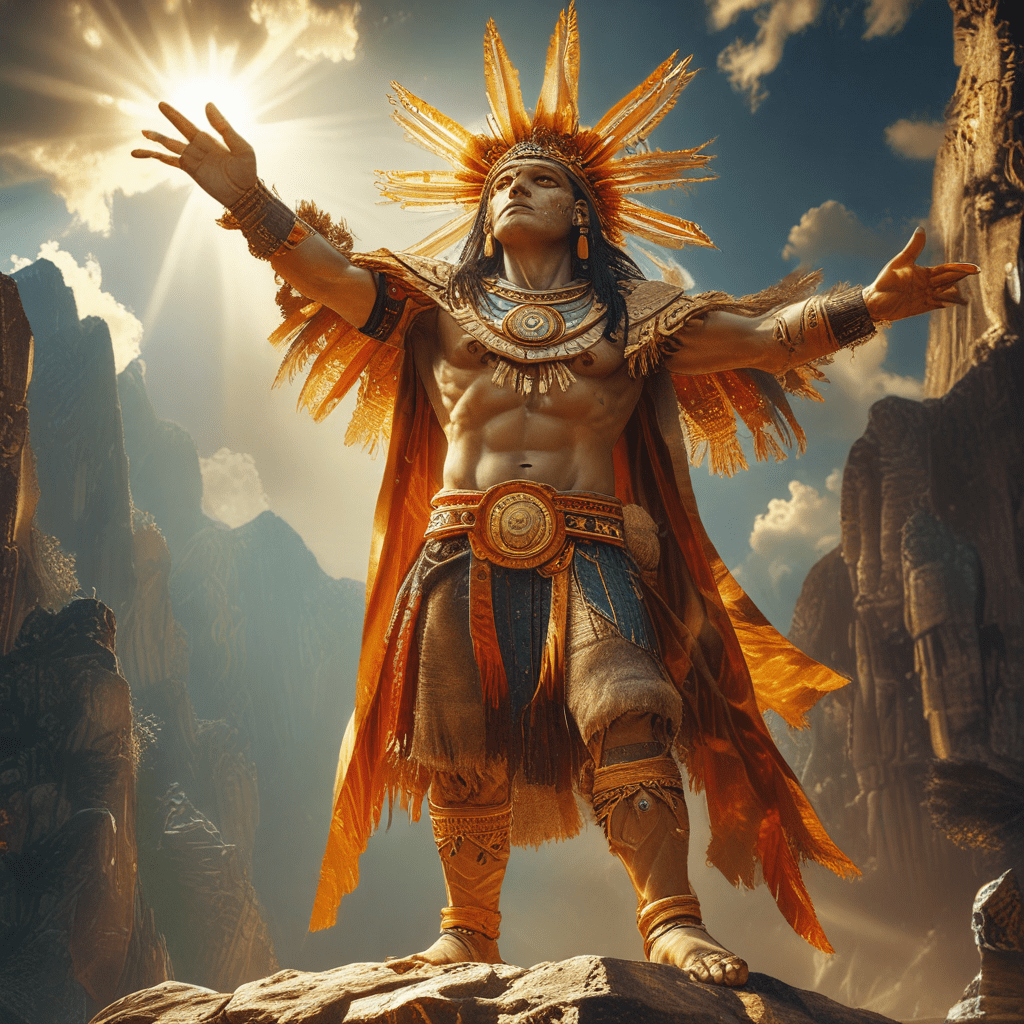Ancient Wisdom: What Creation Myths Teach Us About Life
1. Introduction: The Significance of Creation Myths
Creation myths serve as foundational narratives that explain the origins of the world and humanity. They are rich tapestries woven from the threads of culture, history, and spirituality, reflecting the values and beliefs of the societies that tell them. Across diverse cultures, these myths hold immense significance, offering explanations for the mysteries of existence and the human condition.
Exploring creation myths allows us to delve into the collective consciousness of humanity, revealing universal truths about life, existence, and our place in the cosmos. By examining these stories, we can gain insights into our own lives and the shared human experience.
2. The Universal Themes in Creation Myths
Creation myths often share common elements that resonate across different cultures. Some of the most prevalent themes include:
- Chaos and Order: Many myths begin with a chaotic void from which order emerges. This reflects the struggle between chaos and order, a theme that resonates with our own experiences of finding stability in tumultuous times.
- Divine Beings: Creation stories frequently feature gods or supernatural beings who shape the world. These figures often embody human traits, illustrating our aspirations, fears, and moral dilemmas.
- Humanity’s Role: Creation myths often define the relationship between humans and the divine, outlining our responsibilities and purpose within the broader universe.
3. Creation Myths from Different Cultures
Notable creation myths include:
- The Genesis Creation Narrative: Found in the Bible, this story portrays God creating the world in six days and resting on the seventh, emphasizing the sacredness of the Sabbath.
- The Enuma Elish: This Babylonian myth describes the creation of the world through the conflict between gods, highlighting themes of power and order.
- The Popol Vuh: The Mayan creation myth details the creation of humanity from maize, emphasizing the connection between humans and the earth.
These myths share themes of creation, conflict, and the establishment of order, reflecting the cultural significances that resonate within their societies.
4. The Symbolism of Creation in Myths
Creation myths are rich in symbolism, often using tangible elements to convey deeper meanings. Common symbols include:
- The Serpent: Often representing temptation or duality, serpents appear in various myths, including the biblical story of Adam and Eve.
- The Tree of Life: This symbol signifies interconnectedness and the cycle of life, often serving as a gateway between the divine and human realms.
These symbols tap into the human psyche, reflecting our life cycles, struggles, and aspirations, and offer psychological insights into our shared experiences.
5. Lessons on Human Existence and Responsibility
Creation myths provide profound insights into human nature and our responsibilities towards each other and the environment. Some key teachings include:
- The Nature of Humanity: Myths often depict humans as flawed yet capable of greatness, emphasizing the importance of moral choices.
- Ethical Teachings: Many narratives include lessons about harmony, respect for nature, and the consequences of actions, reinforcing the idea of stewardship over the earth.
- Community and Relationships: Creation myths frequently highlight the importance of relationships, suggesting that our connections define our humanity.
6. The Role of Women and Gender in Creation Narratives
Female figures in creation myths often embody vital aspects of creation and life. For example:
- Mother Earth: Many cultures feature a feminine deity representing fertility and nurturing. This underscores the critical role of women in sustaining life.
- Gender Roles: Myths may reflect societal gender roles, illustrating how these narratives shape perceptions of masculinity and femininity.
The impact of these narratives can influence contemporary discussions on gender equality, as they reveal both the strengths and limitations of gender representations.
7. Creation Myths and Their Influence on Modern Thought
Ancient creation myths continue to shape philosophical and religious thought today. They provide a framework for understanding human existence and our place in the universe. Examples include:
- Philosophical Discussions: Myths inform debates about the nature of reality, existence, and the divine.
- Science and Spirituality: Creation narratives often find themselves at odds with scientific explanations, prompting discussions about the intersection of faith and reason.
- Modern Literature and Media: Many contemporary works reference ancient myths, weaving their themes and symbols into new narratives.
8. Critiques and Interpretations of Creation Myths
Scholarly critiques of creation myths examine their validity and relevance in modern society. Key perspectives include:
- Myth versus Science: The debate over creation myths and scientific theories of evolution raises questions about truth and belief.
- Reinterpretation: Modern interpretations of myths can provide new insights, allowing for a more inclusive understanding of human origins.
9. Personal Reflections: Applying Ancient Wisdom to Modern Life
Individuals can draw inspiration from creation myths in various ways:
- Finding Meaning: Reflecting on these narratives can help us understand our purpose and values.
- Promoting Connection: Engaging with these stories fosters a sense of connection to our shared human heritage.
- Incorporating Teachings: Applying the moral lessons found in these myths can guide our actions and relationships.
10. Conclusion: The Enduring Power
Creation myths, with their rich tapestry of themes, symbols, and teachings, offer timeless wisdom that resonates with the human experience. They remind us of our shared origins, our responsibilities to one another and the planet, and the enduring quest for meaning in our lives. By engaging with these ancient narratives, we can navigate the complexities of modern existence while honoring the wisdom of our ancestors.




